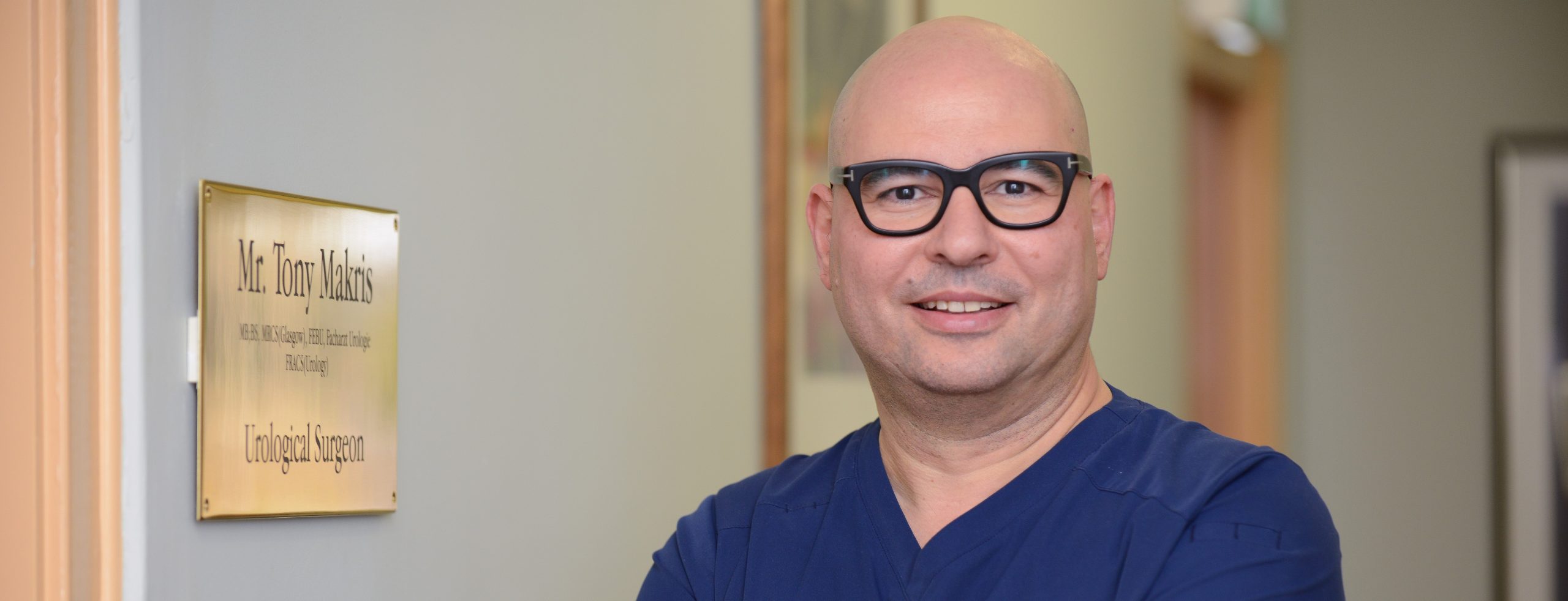Sexual Dysfunction
About sexual dysfunction
Sexual dysfunction refers to a problem that can happen during any phase of the sexual activity. It affects the way patients experience sex and sexual satisfaction, and can occur in both men and women.
At Paradigm Urology, sexual dysfunction concerns are managed by Dr Tony Makris. Dr Makris is a specialist urologic surgeon with extensive experience in managing male and female sexual dysfunction concerns.
What are the types of sexual dysfunction?
The sexual response cycle is a model that describes the emotional and physical changes which happen during sexual activity.
There are four phases in the sexual response cycle:
- Desire (libido)
- Arousal (excitement)
- Orgasm
- Resolution
It is important to understand that both women and men do not always go through these phases in order.
Types of sexual dysfunction
- Desire disorders – lack of interest in sex
- Arousal disorders – difficulties to become aroused during sexual activity
- Orgasm disorders – delay or absence of orgasm
- Pain disorders – pain during intercourse

Who experiences sexual dysfunction?
Both men and women can experience sexual dysfunction. Up to 43% of women and 31% of men report it to some degree.
What causes sexual dysfunction?
Physical causes: diabetes, heart disease, neurological disorders, hormonal imbalances, chronic diseases (e.g kidney or liver failure), alcoholism, and drug abuse. Certain medications can also cause sexual dysfunction.
Psychological causes: anxiety, depression, stress, concerns about sexual performance, feelings of guilt, body image concerns, and past sexual trauma
Medications: including many antidepressants, antihypertensives, hormones, etc.
How is sexual dysfunction treated?
Often sexual dysfunction can be treated by addressing the underlying physical and psychological problems
Medication: for men, Viagra, Cialis, Levitra, and other medications may help by addressing erectile dysfunction. For women unfortunately there are no medications approved in Australia. Hormonal options such as testosterone or oestrogen can be used, though they are not approved for this purpose. In the United States, Flibanserin and Bremelanotide are approved for hypoactive sexual desire disorder in women.
Mechanical aids: penile vacuum devices, masturbators, and penile implants may help men with erectile dysfunction. For women a vacuum device is also approved (EROS-CTD).
Minimally invasive treatments: more recently, platelet rich plasma (PRP, blood drawn from patient, centrifuged and then re-injected back into patient) has been popular in both men and women to treat various aspects of sexual dysfunction. There are ongoing studies investigating its effectiveness.
Sex Therapy/behavioural treatments/psychotherapy: sex therapy, marital counselling, and psychotherapy can help couples enjoy their sexual relationship. At Paradigm Urology, we believe these should supplement the above treatment options.